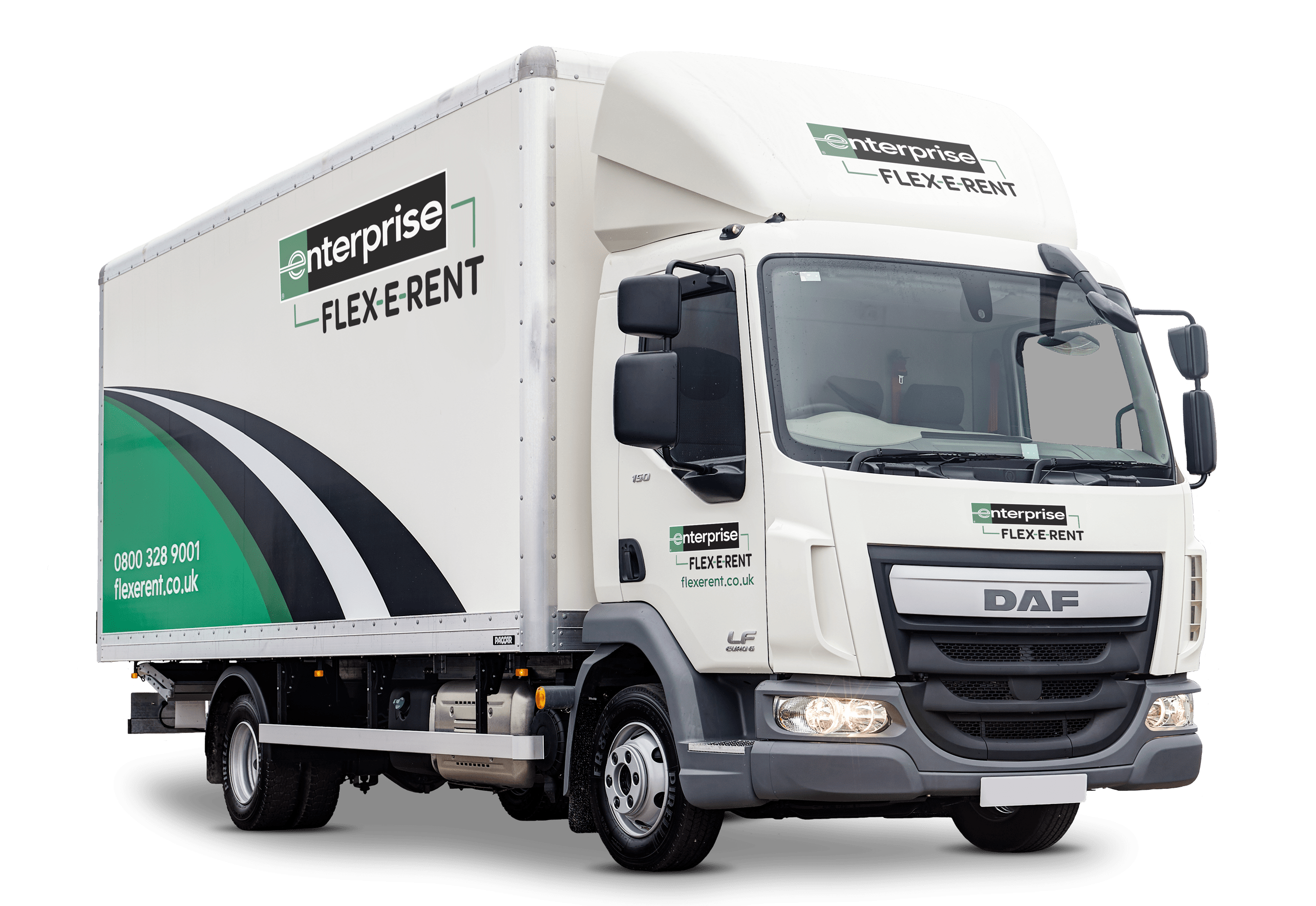Essential Guide to HGV Hire
For fleet managers, accessing the right number of suitable HGVs can be challenging. The struggles are heightened by continued pressure to manage costs and comply with regulations like the Direct Vision Standard (DVS) and ULEZ.

Common Challenges for HGV Fleet Managers
Buying HGVs outright is costly, and investing in second-hand HGVs isn’t always the most sensible option. These vehicles are at the risk of becoming non-compliant, and more often than not, spend more time off the road in need of expensive repairs and maintenance.
Let’s focus on some of the main challenges fleet managers are facing:
Changing Legislation
With the likes of the Direct Vision Standard (DVS) and ULEZ continually changing, companies need to invest in their fleets to improve their vehicles and comply with the latest standards.
Economic Uncertainty
Increasing fuel prices and higher maintenance costs make it challenging for fleet managers to maintain a balanced budget while keeping up with evolving regulations.
Vehicle Technology
Advanced technologies like Blind Spot Information Systems (BSIS), tachographs, and camera monitoring systems are increasingly vital for ensuring HGV compliance and safety.
Driver Shortages
Finding and retaining skilled drivers is a significant challenge for fleet managers, particularly as the demand for drivers continues to grow.
Cleanliness and Hygiene
Maintaining cleanliness and hygiene standards is essential, especially for long-haul drivers who spend extended time in their vehicles. Keeping HGVs clean and adhering to hygiene protocols is critical for ensuring driver safety.
How to improve HGV safety and compliance
Enhancing HGV safety and compliance requires keeping up with changing regulations, such as the Direct Vision Standard (DVS). This includes fitting vehicles with safety technologies like camera monitoring systems, Blind Spot Information Systems (BSIS), and Moving Off Information Systems (MOIS) to minimise risks to vulnerable road users.
Additionally, fleet management software can monitor driver behaviour, automate compliance logging, and optimise route planning, boosting both safety and efficiency.
How to Choose the Right Vehicles for Your HGV Drivers
When selecting HGVs for your drivers, it's important to balance compliance with comfort and efficiency.
Prioritise vehicles with advanced driver assistance systems (ADAS), ergonomic seating, and cutting-edge safety technologies like BSIS and MOIS. By equipping your drivers with the right tools for safe and comfortable driving, you can boost productivity and reduce the risks of fatigue.
The Issues with Purchasing HGVs (Even Second-Hand)
Buying HGVs outright can be costly and poses the risk of non-compliance with changing regulations.
Older, second-hand vehicles may fail to meet newer standards like the Progressive Safe System (PSS) and often experience more downtime due to maintenance problems. With the Direct Vision Standard (DVS) raising compliance requirements, investing in non-compliant vehicles could result in substantial retrofitting costs or fines.
Why Hiring HGVs is the Best Option for Fleet Manager
Hiring HGVs is a practical solution for fleet managers seeking compliance without the financial strain of upfront costs.
With short-term and flexible hire options, you can access the latest compliant vehicles fitted with essential safety features like camera monitoring and Blind Spot Information Systems (BSIS), all while avoiding the risks of ownership.
Hiring also allows you to easily scale your fleet in response to changing demand.
Why You Should Choose Flex-E-Rent for Your HGV Hire
Flex-E-Rent provides a wide selection of compliant HGVs that adhere to evolving regulations such as the Direct Vision Standard (DVS) and ULEZ.
Whether you require short-term rentals or flexible long-term solutions, we ensure you have access to the latest vehicles equipped with essential safety features to protect your drivers and other road users.
Our hire packages are designed for flexibility and affordability, making compliance both straightforward and cost-effective.


